Sat 11 May 2013
Campaigning for Justice
Posted by Mary under CMC, HRW, ICBL, New York
No Comments
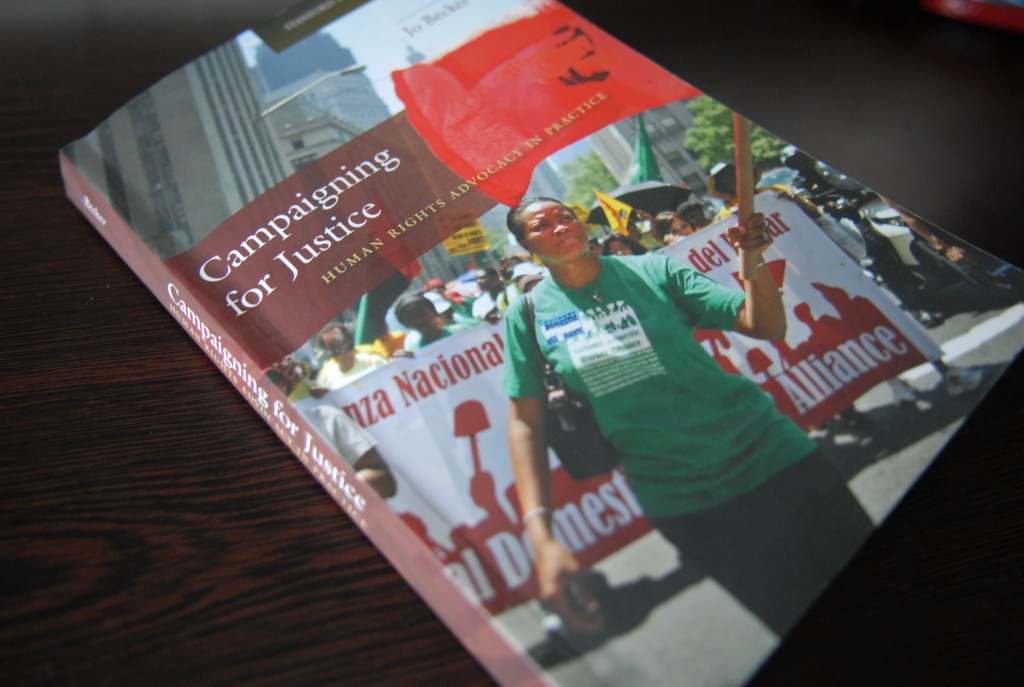 My friend and colleague Jo Becker joined Human Rights Watch in 1997, the year before I came on board. We’ve been there ever since–with the occasional break–leading advocacy for the organization’s respective “thematic” divisions on children’s rights and arms.
My friend and colleague Jo Becker joined Human Rights Watch in 1997, the year before I came on board. We’ve been there ever since–with the occasional break–leading advocacy for the organization’s respective “thematic” divisions on children’s rights and arms.
Under Jo’s leadership, Human Rights Watch and other NGOs founded the International Coalition to Stop the Use of Child Soldiers (now Child Soldiers International) in May 1998. Exactly two years later, the coalition’s efforts paid off when governments adopted a protocol to prohibit the use of child combatants in the UN General Assembly on 8 May 2000. The story of this remarkable achievement is told in Chapter One of her new book Campaigning for Justice: Human Rights Advocacy in Practice. (more…)
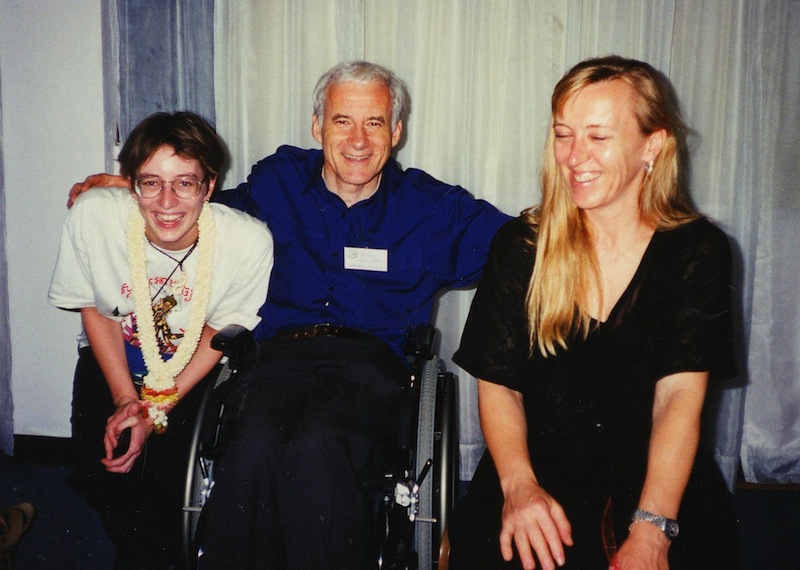
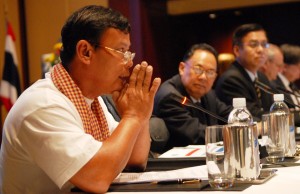
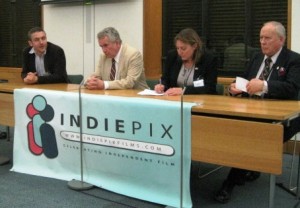
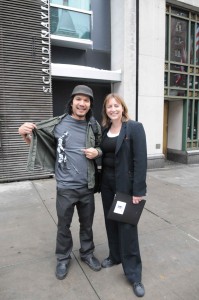
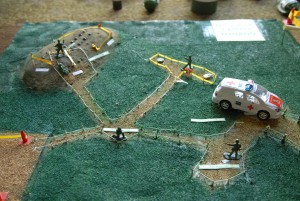
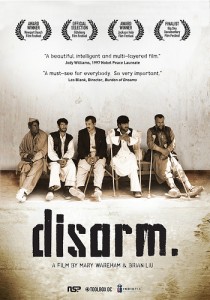
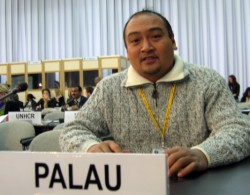
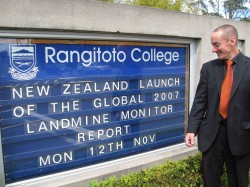
 This afternoon I’m headed to John Head’s funeral. He passed away on Sunday, 4 February 2007. John worked to
This afternoon I’m headed to John Head’s funeral. He passed away on Sunday, 4 February 2007. John worked to 

